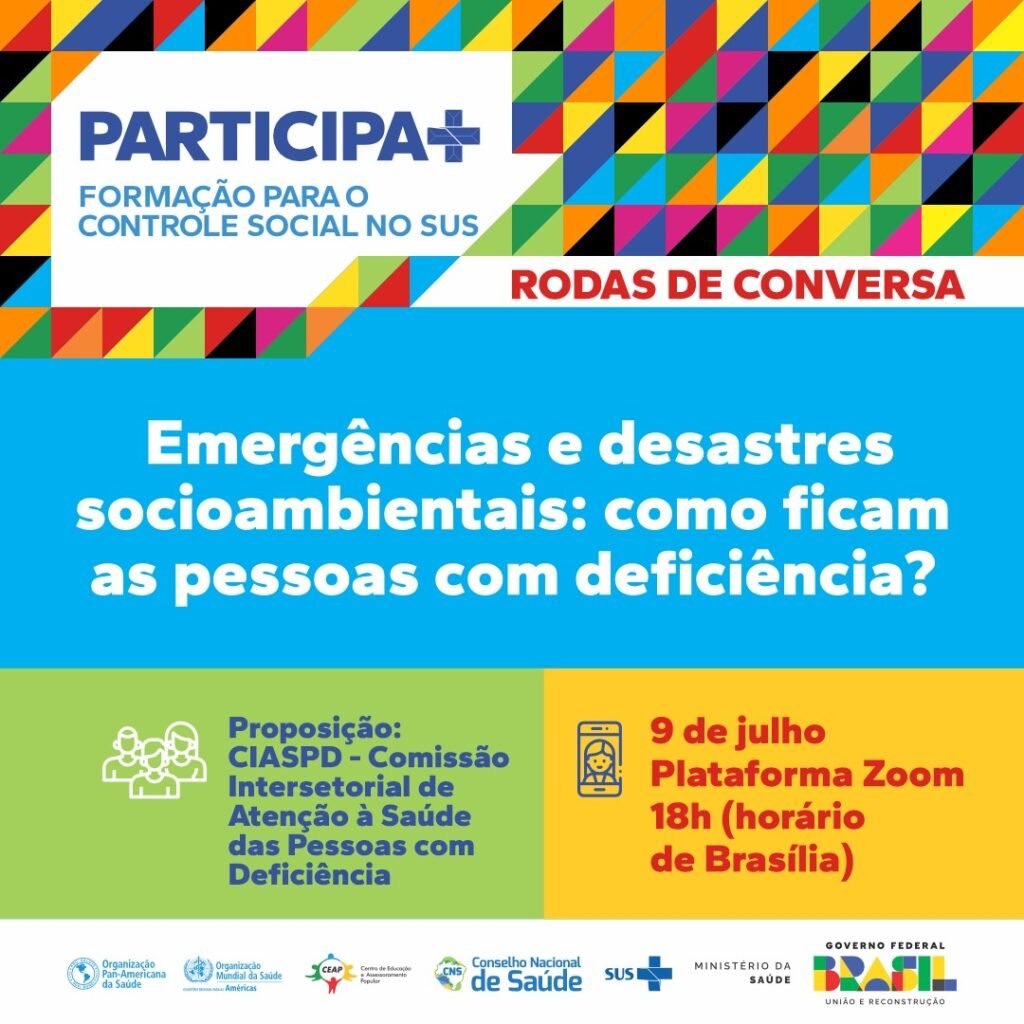http://www.thepress.co.uk/news/3788287.Down___s_Syndrome_study_/
TENS of thousands of pupils with Down’s Syndrome are expected to benefit from a study to be carried out at the University of York.
Down’s Syndrome Education International (DownsEd) has been awarded a £481,000 grant from the Big Lottery Fund to test a structured language and reading teaching programme in UK primary schools.
The study, which will last four years, will be conducted by DownsEd working with the Centre For Reading And Language (CRL), at York’s Department of Psychology.
Professor Sue Buckley, director of science and research at DownsEd, a charity that works to improve education for young people with Down’s Syndrome, said: “This is a vitally important piece of research that promises to help many thousands of young people with Down’s Syndrome. Language and literacy skills are so important for living and learning.
“Practical scientific research, like this project, helps us to discover the children’s potential and to identify how to offer them the most effective learning opportunities.
“We will trial approaches to reading and language instruction that are tailored to meet the specific needs of children who have Down’s Syndrome.
“By carefully evaluating these approaches, we hope to clearly show that they are both highly effective and easy to implement.”
The research study will utilise a randomised controlled trial to assess outcomes from a structured language and reading teaching programme designed to meet the specific needs of pupils who have Down’s Syndrome.
The programme will be delivered by the pupils’ teaching assistants, who provide support for children with Down’s Syndrome in UK schools.
It is hoped the study will provide robust evidence, and that adoption by schools will be simple, quick and widespread.
Approximately 15,000 pupils with Down’s Syndrome are expected to benefit from the research over the next ten years in the UK, and a further 150,000 worldwide.
Professor Charles Hulme, of the CRL, which aims to conduct high-quality research into the nature and causes of reading and language difficulties, said: “Existing evidence suggests that an integrated approach to teaching reading and language skills might be particularly effective for children with Down’s Syndrome.
“We will trial a teaching approach that combines a structured reading instruction programme with an oral language programme.
“We expect this approach to be highly beneficial to these children’s reading skills, and to also directly benefit their oral language skills.”



